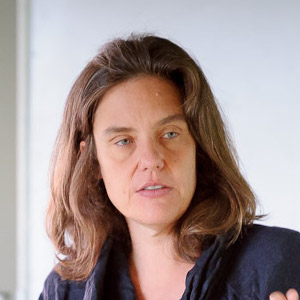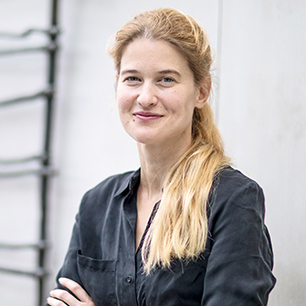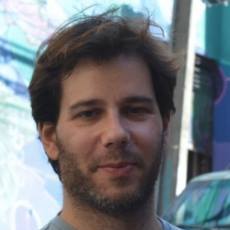Themes
Perceptual organization is the problem of grouping (or segmenting) pixels into meaningful entities that come from the same physical cause. Classically, such organization has been pursued both as an intermediate representation for recognition as well as an end in itself. With the resurgence of convolutional networks, we have seen significantly more accurate segmentation models based on supervised training on large datasets.
However, as the vision community trends towards end-to-end agents solving increasingly complex tasks (be it dialog, automated navigation or manipulation) with little direct supervision, the role of perceptual organization must change. On the one hand, these new tasks require a much richer level of organization: simply grouping pixels into objects may no longer be enough. At the same time, such rich organization must emerge organically while solving the end task to the extent possible: requiring detailed manual labeling may no longer be feasible. And finally, classical intuitions about perceptual organization must be combined with contemporary developments in embodied agents acting in realistic environments.
We invite and encourage the participation from all related fields including computer vision, robotics, cognitive science, and HCI. As such, this edition of the POCV workshop features the following key themes:
(1) Unsupervised / self-supervised learning or learning by active interaction
(2) Connections between action, vision and perceptual organization
(3) Richer forms of perceptual organization and segmentation
As in previous years, this workshop will feature a series of invited talks, as well as workshop papers presented as spotlights and posters. We encourage finished and unfinished work in the three broad themes outlined above. Specific topics include, but are not limited to:
- Video and motion segmentation
- Semantic and instance segmentation with large class vocabularies
- Part labeling and finer-grained segmentation
- Connections between segmentation and unsupervised learning
- Embodied active agents driven by perceptual sensory input
- Learning by active interaction
- Connections between perception and action
- Other related topics at the intersection of: action, perception and organization
Invited Speakers
Organizers
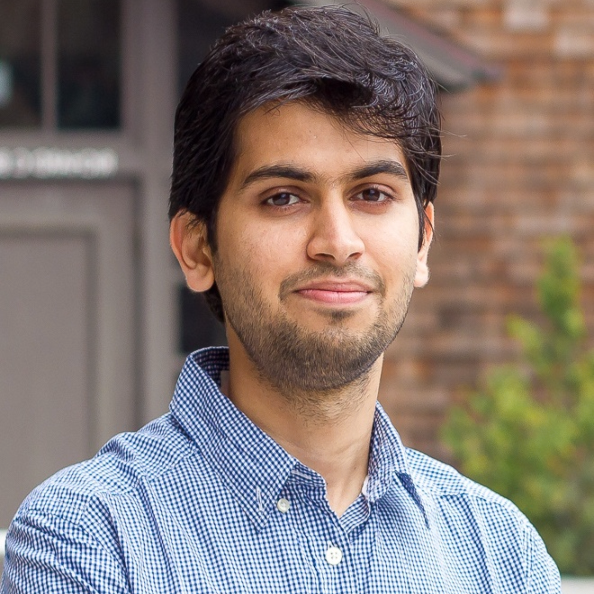 |
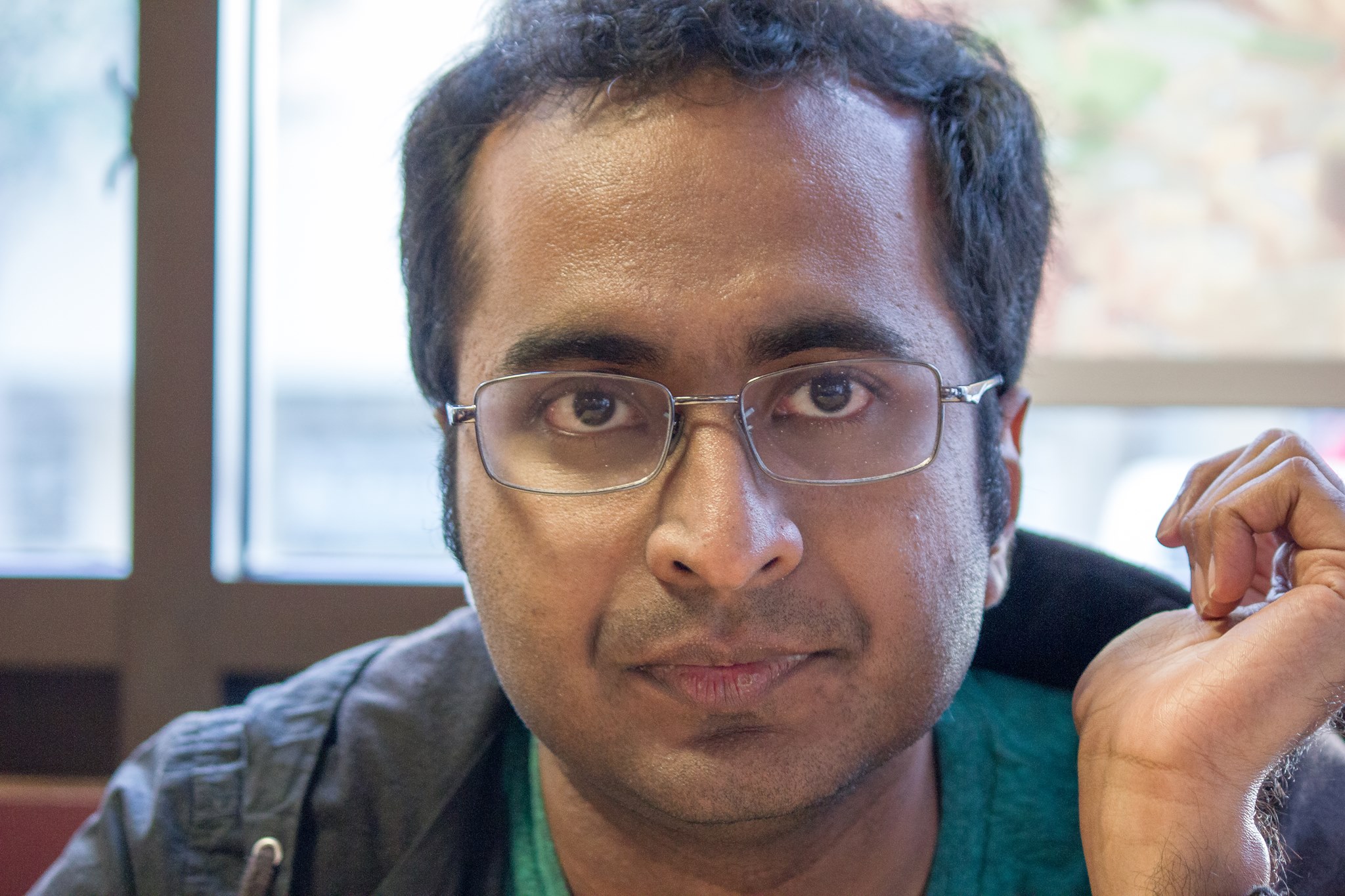 |
Deepak Pathak |
Bharath Hariharan |
| |
|
Contact Info
E-mail: pocv2018 AT gmail.com


